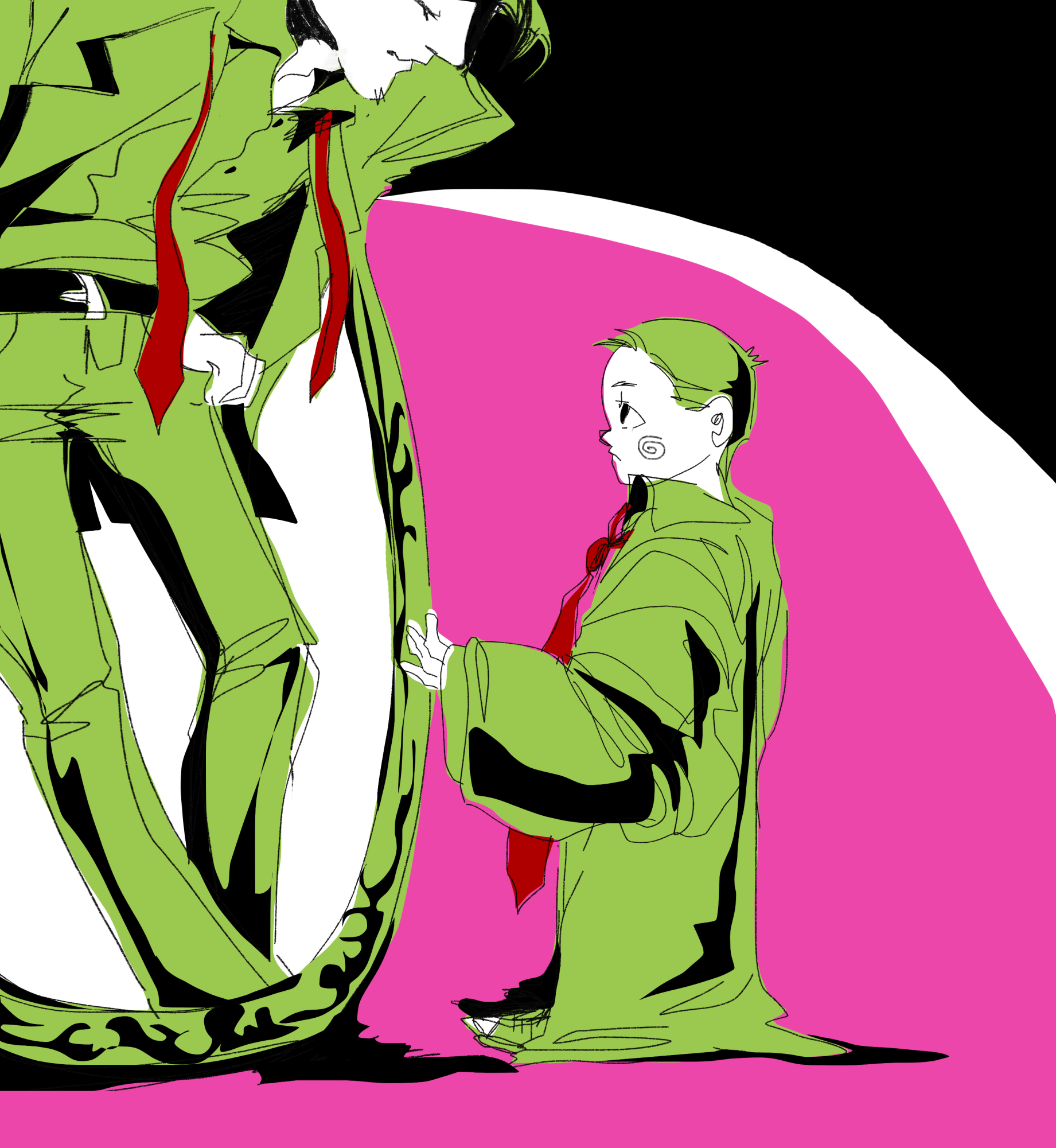As children, many of us wished to be adults sooner so that we could do whatever we wanted without parents telling us no. It felt like adults had more options and were able to have more control over their own lives. Some people that were brought up in adverse family settings are often counting the days until eighteen so they can protect themselves from their household. On the contrary, many adults wish that they can go back to the time when they were still children under the protection and support of their parents and other responsible adults. Also, a significant number of rising eighteen year olds struggle due to the rough transition from a protected minor to a stressed adult. Being an adult is more than being a certain age or of certain physique, though.
The primary meaning of being an adult is that everything you say and do holds legal power. As minors, we are subject to fewer and shorter consequences that typically stem from actions such as being disliked by their peers, low grades or disobedience. But adults deal with more severe consequences that may tarnish their permanent record, lead to fines or even incarceration. As one turns eighteen, they are able to enter into binding contracts, marry without written consent from their parents, sue or be sued by their own names, be tried as adults and consent to all types of medical treatment and make other major decisions that impact their own lives.
Rather than having parents or teachers assist teenagers in decision-making or helping them get out of erroneous decisions, many eighteen year olds are responsible for understanding complex situations and the graveness of their actions. For instance, if one signs a contract as a minor and realizes that the terms are unfair, they can easily void the contract due to the legal protection. But, as an adult, we are responsible for carefully reading what we’re signing and getting ourselves out of unfair situations on our own by taking appropriate steps.
Being an adult also means having to take care of everything that happens around us. As minors, parents are responsible for fulfilling our needs mentally and physically. For this reason, the newfound responsibilities thrown at us in adulthood may come as a shock. Also, adult actions have long-lasting and graver impacts. For example, in the case a student conducts academic dishonesty, high school punishments are likely to be minimal and have less of a chance of impacting the student’s records in college or job applications. However, in college, academic dishonesty can lead to the loss of scholarships, course failure, request to leave the major/department, getting expelled or even facing legal charges for copyright infringement. The impact can spill into job searching and applying for higher education, and careers are essential to navigating life. As minors, we followed the lifestyle and mindsets our parents provided for us. However, as adults, it is up to us to reestablish the discipline in a clean slate that accommodates their needs. For example, it is up to us to upkeep our academic studies—not our parents or professors—and to deal with the consequences such as course failure, loss of merit based scholarships or academic probation.
Healthwise, we cannot simply rely on our parents to prepare/refill prescriptions, reserve doctor’s appointments, nurse us during times that we are sick or prepare meals for us. As adults, we are allowed to provide informed consent, designate power of attorney, have a living will and make all decisions for our health. It is up to us to read the papers that we are signing, arranging appointments, treatment and follow up schedules, following and refilling prescriptions, payments and filing claims to the insurance company. We are also responsible for preparing healthy and nutritious meals, regular exercise and voluntarily making necessary lifestyle changes.
Overall, though, being an adult means that we are taking our own initiative. There is no one to provide clear guidance, and it is up to us to figure out who we are.


